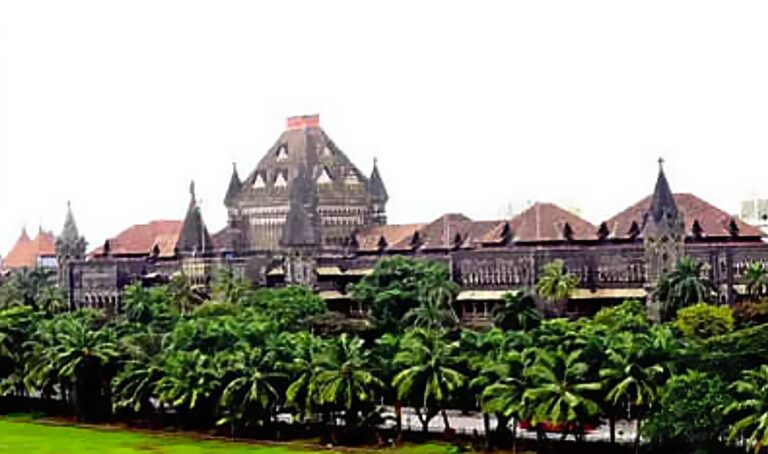In a landmark judgment, the Bombay High Court has held that reassessment proceedings initiated merely at the direction of superior authorities, without independent application of mind by the Assessing Officer (AO), are invalid in law.
Background of the Case
Agfa India (P.) Ltd., engaged in the distribution of photographic and electronic imaging systems, originally filed its income tax return declaring a total income of ₹11,42,17,803. Subsequently, it revised the return, declaring a higher total income of ₹12,30,39,783.
Later, the Assessing Officer issued a notice for reassessment under Sections 147 and 148 of the Income Tax Act. This action was based on information received from the Transfer Pricing Officer (TPO) pertaining to the subsequent assessment year.
Assessee’s Argument
The assessee challenged the reassessment by contending that the entire process was triggered by a letter from the Additional Commissioner of Income Tax (Transfer Pricing) to the Joint Commissioner of Income Tax. Further, it was asserted that the Joint Commissioner and the Principal Commissioner merely acted on this letter, effectively instructing the AO to reopen the assessment.
Crucially, the assessee pointed out that there was no independent application of mind by the AO. There was no evidence to show that the AO himself had any “reason to believe” for reopening the case, as mandated under law.
High Court’s Verdict
The Bombay High Court observed that:
-
The AO appeared to have blindly followed the TPO’s determination related to a subsequent year.
-
The AO felt compelled to issue a reassessment notice, believing he had no discretion owing to directions received from senior officers.
-
The directions from the Joint Commissioner and the Commissioner effectively dictated the AO’s decision-making process, leaving no room for his independent judgment.
The Court emphasized that reassessment proceedings must be initiated based on the Assessing Officer’s own satisfaction, and not on borrowed satisfaction or external directives. It found this case to be a classic example of reassessment initiated under dictation, which vitiated the entire process.
Accordingly, the Bombay High Court set aside the reassessment proceedings, terming them legally unsustainable.
Key Takeaway
This ruling reiterates the principle that independent application of mind by the Assessing Officer is fundamental for valid reassessment under the Income Tax Act. Reassessment initiated solely at the behest of higher authorities, without the AO’s independent satisfaction, will not withstand judicial scrutiny.
Case Details: Principal Commissioner of Income-tax vs. Agfa India (P.) Ltd. – [2025] 173 taxmann.com 875 (Bombay)
READ MORE
How to Claim Refund for Excess TDS Paid at 5% Instead of 2% on Rent under Section 194-IB
